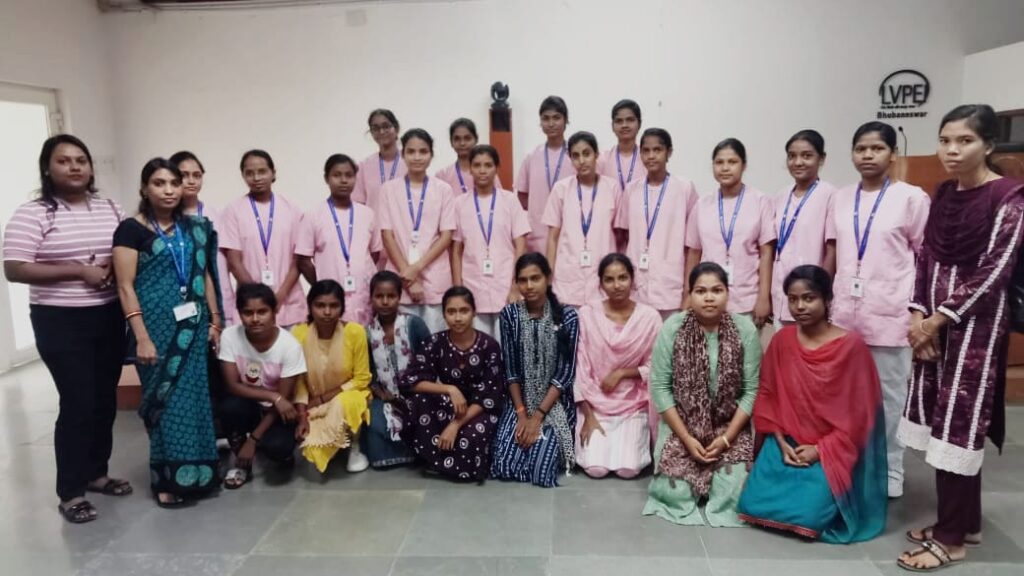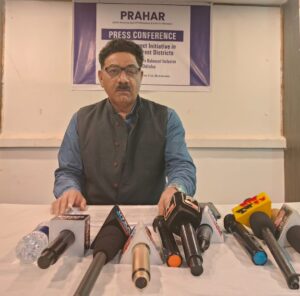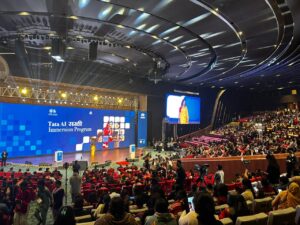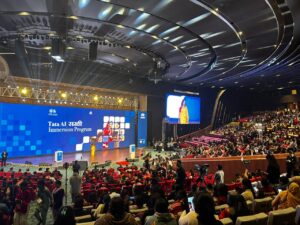Tata Steel Foundation Empowering Women Through Ophthalmic Nursing Training

Kalinganagar, prabaha tv : Tata Steel Foundation (TSF) has partnered with LV Prasad Eye Institute (LVPEI) to create the Ophthalmic Nursing Assistant (ONA) Training Programme designed to empower young girls from remote, marginalised communities.
Since its inception, 36 young women from Danagadi and Sukinda blocks of Kalinganagar have joined the training programme that aims not only to provide technical skills and knowledge but also to unlock their untapped potential providing a chance for these girls to secure stable employment and build self-reliant futures in the growing field of eye healthcare.
After successful completion of ONA training, 11 participants have secured jobs at various renowned LV Prasad Eye Institute (LVPEI) facilities across India, like the MithuTulsiChanrai Campus in Bhubaneswar, Odisha, and the Arjun Waney Eye Centre in Berhampur, Odisha. Starting their careers with an average salary of Rs. 15,000 per month, it is a significant achievement for those from economically and socially challenging backgrounds as they shape their own livelihoods. These young women from rural and tribal communities of Kalinganagar are now equipped with an opportunity to build sustainable futures and contribute to society.
One of the successful candidates, LizaraniMohanta hailing from a remote village in Duburi, who joined MithuTulsiChanrai Campus in Bhubaneshwar as a Nurse after completing the ONA programme says, “Since childhood, I dreamt of getting a job that would allow me to help people and becoming a nurse felt like the direct way to achieving it. Even though people dissuaded me from taking up the training, my parents supported my dreams and today when I assist the doctors in helping people get their sight back, it makes me feel satiated. I am glad I joined the ONA training classes- it helped me get a sense of direction in life.”
The ONA training programme is a comprehensive two-year course that prepares candidates to assist in a variety of eye care services, including patient care, surgical preparations, equipment sterilisation, and more. The curriculum, developed in response to the “Task Shifting” approach recommended by the World Health Organisation (WHO), aims to create a more equitable distribution of eye healthcare roles among women. By enabling girls to support ophthalmologists, nurses, and optometrists, the programme also seeks to fill a critical gap of skilled professionals in healthcare, assisting in the essential care and treatment of eye conditions.





